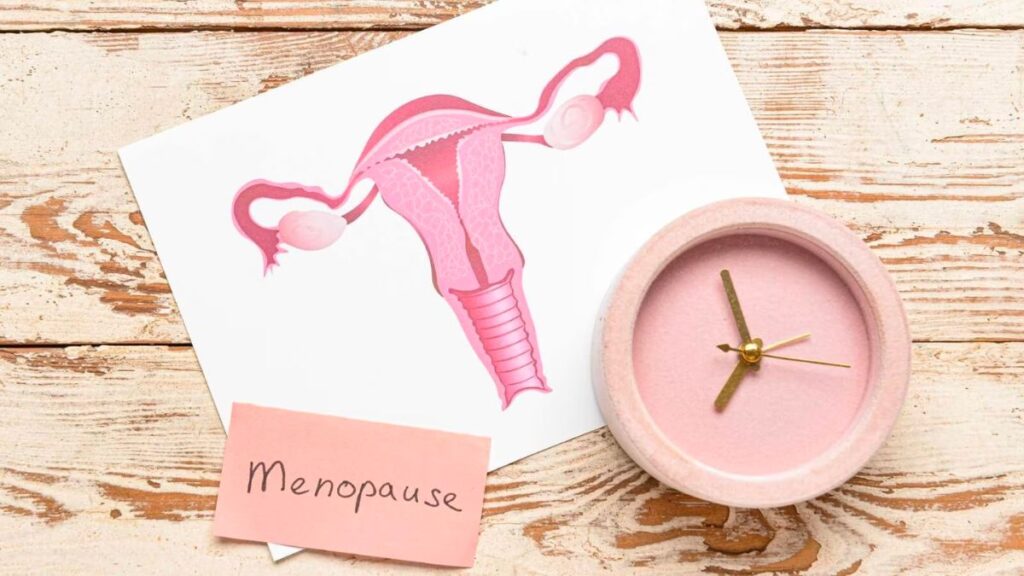As women age, they undergo significant transitions, including perimenopause, menopause, and postmenopause. These stages bring about physical, emotional, and hormonal changes that can impact a woman’s well-being. In this article, we will shed light on the journey through menopause and provide insights into managing symptoms, maintaining bone health, and promoting overall well-being during this transformative phase of life.
Understanding the Menopause Journey
Menopause marks the end of a woman’s reproductive years and is a natural part of the aging process. It is characterized by the cessation of menstrual periods due to hormonal changes. Before menopause, women experience perimenopause, during which hormone levels fluctuate, leading to irregular periods and various symptoms. Menopause itself is defined as the absence of menstrual periods for 12 consecutive months, typically occurring between the ages of 45 and 55. Postmenopause follows menopause and refers to the years after its onset.
Menopause can bring a range of symptoms, including hot flashes, night sweats, mood swings, sleep disturbances, vaginal dryness, and decreased libido. While each woman’s experience is unique, there are strategies to manage these symptoms effectively. Lifestyle adjustments, such as regular exercise, a healthy diet, stress reduction techniques, and avoiding triggers like caffeine and spicy foods, can alleviate symptoms. Additionally, some women find relief through hormone replacement therapy (HRT), which involves replacing estrogen and progesterone to balance hormone levels. However, HRT is not suitable for everyone, and it’s essential to consult with a healthcare professional to evaluate its potential risks and benefits.

During and after menopause, declining estrogen levels can lead to bone loss and increase the risk of osteoporosis. Engaging in weight-bearing exercises, consuming a calcium-rich diet, and ensuring adequate vitamin D intake are crucial for maintaining bone health. Regular bone density screenings can help monitor bone density changes and identify potential issues early on. In some cases, healthcare providers may recommend medications or supplements to support bone health.
Embracing Graceful Aging: Navigating the Transformative Journey of Menopause
Menopause encompasses more than just the physical aspects; it also has a significant impact on a woman’s emotional and psychological well-being. It is crucial for women to prioritize taking care of themselves and seek support from loved ones or support groups. Engaging in activities that bring happiness and a sense of fulfillment, practicing mindfulness or meditation, and maintaining strong social connections can greatly contribute to overall well-being during this phase of life.
Navigating the menopause journey is a transformative experience for women. Understanding the physical, emotional, and hormonal changes that occur during menopause empowers women to effectively manage symptoms, prioritize bone health, and promote their overall well-being. Embracing graceful aging involves actively practicing self-care, seeking support from others, and approaching the next chapter of life with confidence and a sense of empowerment. By adopting these approaches, women can navigate menopause with resilience and embrace the opportunities that come with this new phase of life.




































